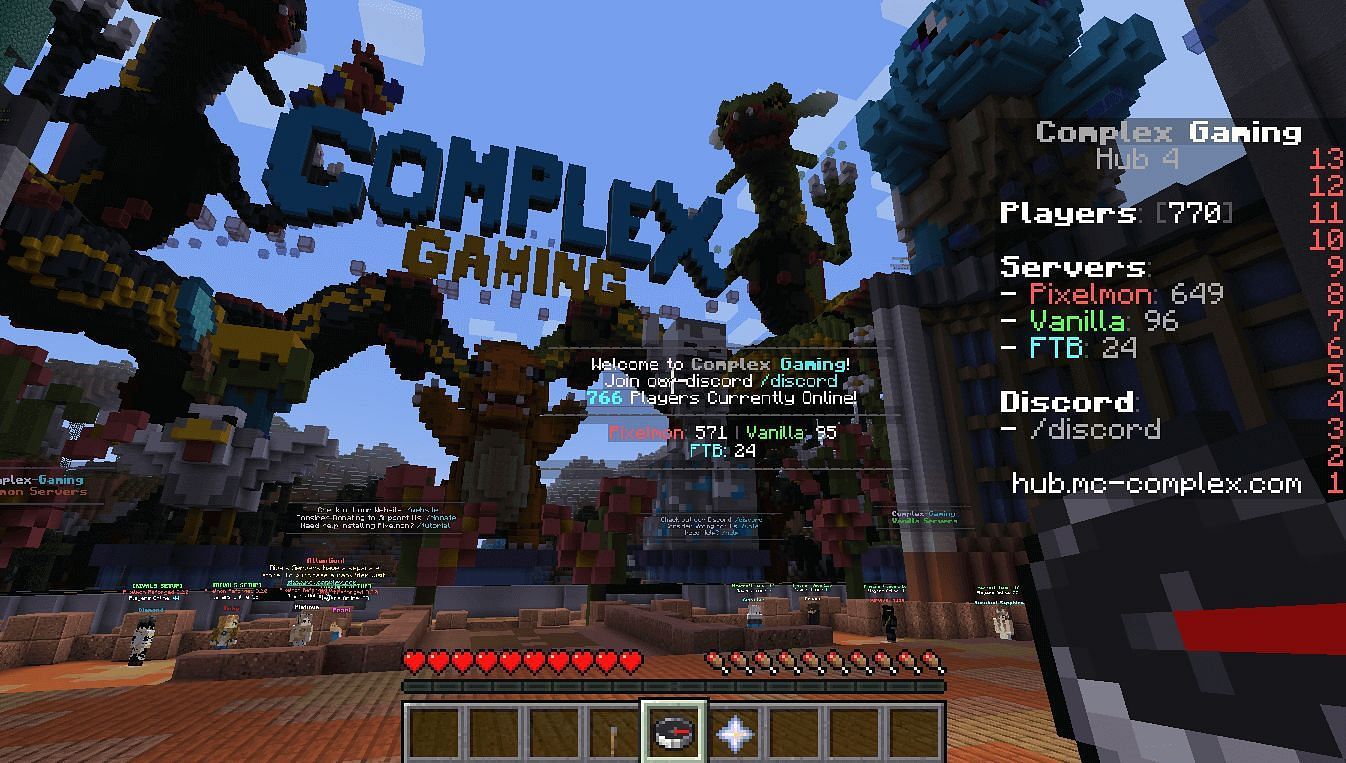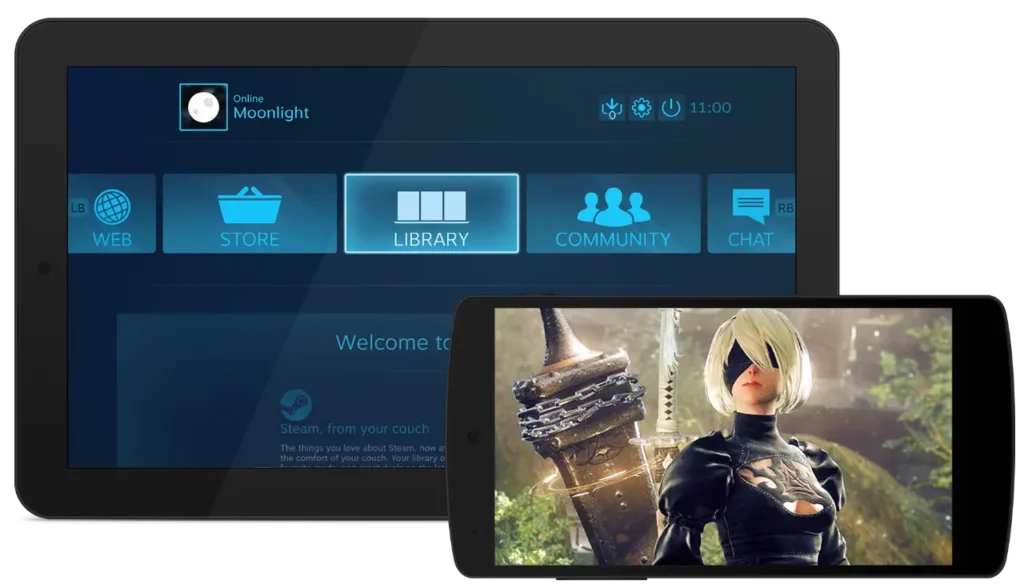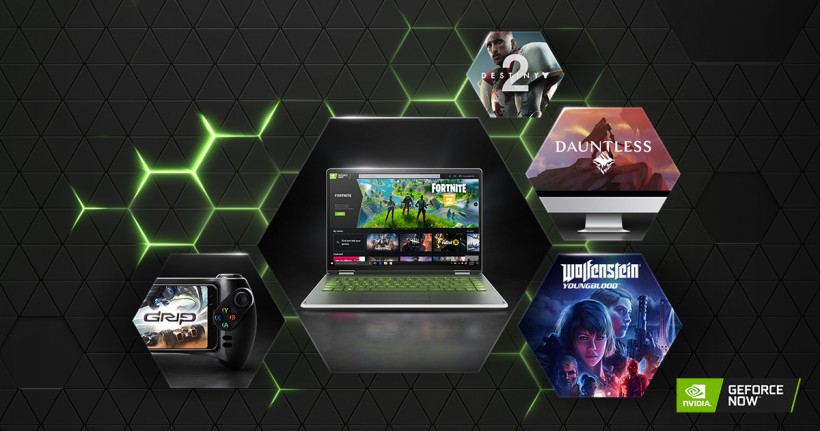Anyone who has done online gaming knows just how much lag, slow loading times, or dropped games can ruin the experience, it’s the kind of stuff that can bring a grown adult to tears. It’s that bad.
But it doesn’t have to be this way! There’s a tool we can use to ensure that these issues never arise during online multiplayer games, and it’s called a dedicated server.
What is a dedicated gaming server?
A dedicated gaming server is a private, fully remote server that hosts video games for the server admin (the player who sets up the server) and all the other remote clients (players) who connect to the server. Using this type of private server, players experience online gaming at its best: a smooth experience backed by a bountiful supply of processing and storage, no matter how memory-intensive the game is.
If your very own gaming server seems like a tempting offer to you (and we don’t blame you), this blog post will unveil all their powerful advantages. We’ll also compare dedicated server hosting to traditional online multiplayer game hosting models: client-server hosting model and peer-to-peer (P2P) hosting model.
Looking for more background information on dedicated servers? Check out our blog ‘what is a dedicated server?’ for everything you need to know.
Online multiplayer game hosting models
To cut a long story short, traditional online multiplayer gaming models can be problematic, as they’re prone to lag, and only offer a non-customisable gaming experience. But, we’ll still run through the client-server hosting model as well as the peer-to-peer hosting model, so you can become familiar with both.
Client-server hosting model
In the client-server hosting model, the gaming servers are run by the main host (which is often the game publisher or console manufacturer), who manages all individual player connections. There are two main disadvantages here. Firstly, the players have little control over aspects of the game configuration. Secondly, if the main host’s server experiences an issue, every player’s game will be affected.
Peer-to-peer hosting model
In the P2P model, a local client (one of the players in the online game), either the player who first joined the server, or the player with the best connection is selected to host the game for all other players. The problem with this model is that you’re relying on at least one of the players to have strong processing power, bandwidth, storage capacity, and internet connection. If that isn’t available, the game will be glitchy and potentially the whole game can be dropped.
While both these hosting models can do the job, they’re bound to run into difficulties at one point or another. So why put yourself through this when you can create a dedicated server for gaming that gives you the best performance and connection possible, as well as ultimate control over the game configuration?
Why are dedicated servers better for gaming?
While using a dedicated server for gaming, all players connect to a server, rather than an individual host player. This results in higher computing power, a stronger connection and a synchronised gaming experience. A dedicated gaming server manages each player’s interactions, activities and locations, among other things, throughout a game.
Within the dedicated gaming server, the admin is free to:
- Configure the server in any way they like to ensure fluidity on the server, choosing the operating system, installing custom scripts, setting up tools, optimising the game for configuration, and more.
- Control the number of players in the game to regulate processing time or memory.
- Customise the game rules to adjust gameplay to taste, such as number of rounds, maps, win conditions, stats. You name it, it can be changed.
Since the server is hosted by an independent server and not a player, it also eliminates the low-latency advantage that the local host experiences over other players in traditional online multiplayer game hosting models. Levelling the playing field in this way makes dedicated servers more fair and thus better suited for competitive gaming.
Advantages of dedicated gaming servers
Aside from high levels of customisation, these servers come with a range of other benefits that traditional hosting options simply can’t offer.
High quality performance
Empowered by top-tier hardware and internet connection, lags, glitches and losing connection to the host will be things of the past. Instead, dedicated servers are able to handle the heightened traffic demands of vast amounts of players without impacting performance.
Reliable infrastructure
Dedicated servers are a reliable option for gaming. They’re the Fort Knox of servers, with 24/7 server monitoring, cooling systems and backup generators all working to ensure the game’s availability.
Forget corrupted save files
Dedicated servers save your game progress reliably and frequently, so you never lose any gains, and they’re far less likely to corrupt saved files than traditional gaming servers. This comes in particularly handy when playing prolonged multiplayer matches.
High levels of security
Dedicated servers benefit from higher levels of security because:
- The server admin controls who can and cannot enter the server, making it easy to identify unknown remote clients trying to gain access.
- Hosting providers invest a great deal of resources into cybersecurity measures such as firewalls, DDoS protection, and scheduled backups.
- Gaming servers only host games and nothing else, meaning that the entries for attack can only be through the game and no other vehicle.
- The advantages that dedicated servers have over traditional online multiplayer gaming models are clear to be seen, and if you choose to use one, you’ll experience gaming like you’ve never done before. Smooth, highly customisable, and 100% enjoyment.
Disadvantages of dedicated gaming servers
In order for you to properly weigh up the pros and cons of a dedicated gaming server, there are a few disadvantages to consider, and first up is cost.
To run a dedicated server through a hosting provider can rack up high costs. In comparison to other types of servers, a dedicated gaming server is slightly more expensive. With monthly fees, as well as any extras you may want to add on, this server might not fit your budget. On the flip side, if you’re hoping to run your dedicated server at home, then that means forking out for pricey hardware equipment to set it up yourself. Either way, a dedicated gaming server is not the cheapest option.
As with most servers, there comes a level of responsibility, and dedicated servers are no different. With a dedicated gaming server you’re responsible for the upkeep and maintenance of the server, as well as installing any security software needed to prevent attacks. So, if constant management isn’t your cup of tea, then there are plenty of other low-management servers you could try instead.
However, the costs of a dedicated gaming server are surely justifiable if performance expectations of avid gamers are to be met. And the tech-savvy upkeep of these servers should be no problem for those who frequent their PCs.
Which games benefit from a dedicated gaming server?
Dedicated gaming servers are ideal for high workload games such as Minecraft, Fortnite, CS:GO, Rust, and many more. A dedicated server improves gaming performance and ensures that there is no lag – which is key for smooth gameplay. A dedicated gaming server is the perfect server base for any game lover.
Our Game Server Hosting packages offer a wide range of options to tailor your perfect gaming experience, including on-demand expansion for more players and the ability to add resources and slots at any time. All this at the incredible price of just £5 for up to 720 hours of gaming per month.
If you’ve still got questions about our dedicated gaming servers, get in touch with our sales team.
https://www.fasthosts.co.uk/blog/why-are-dedicated-servers-better-for-gaming/





